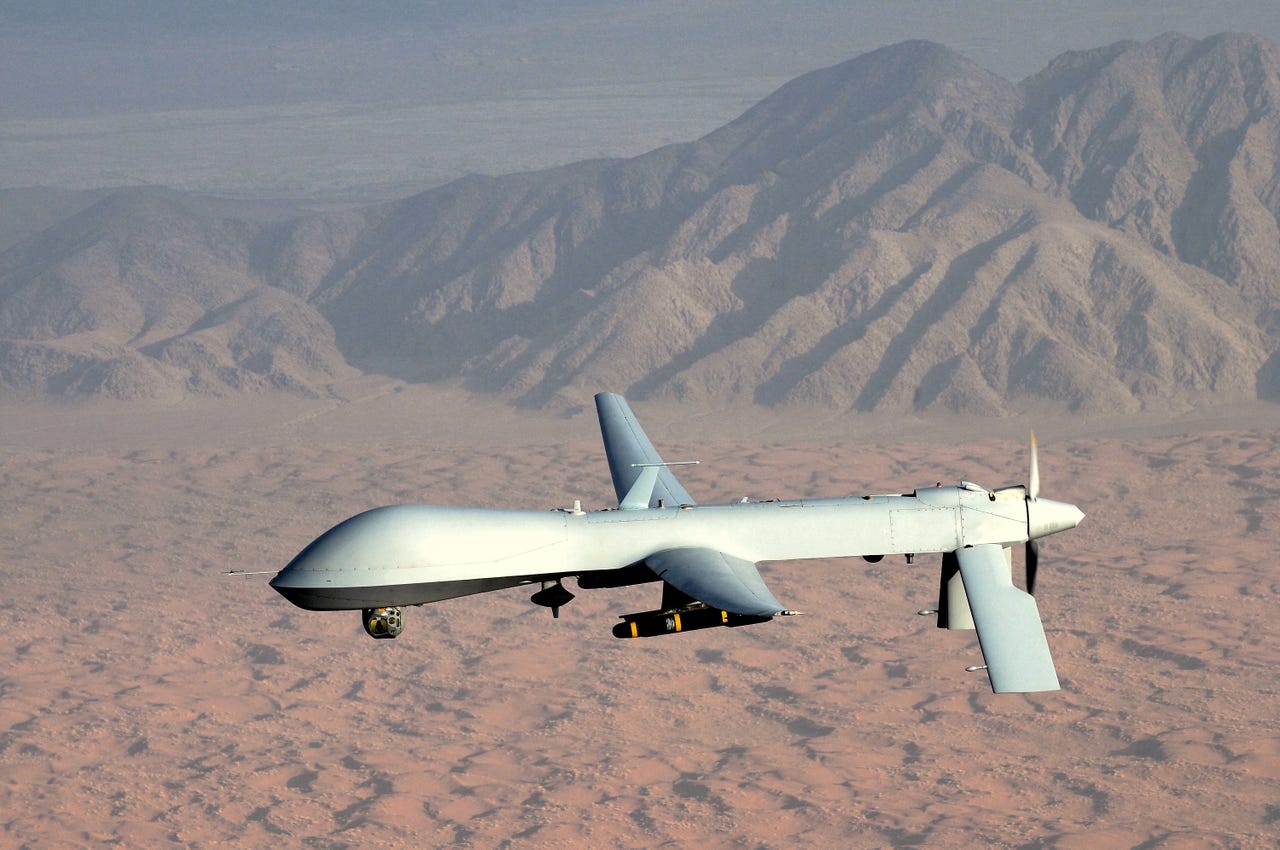Pentagon's 'cyber bombs' against the Islamic State aren't working


(Image via CBS News/CBS Interactive)
The so-called "cyber bombs" that the US military is virtually dropping on Islamic State targets aren't working as well as first hoped.
Secretary of Defense Ash Carter apparently coined the term "cyber bombs" in an interview with NPR earlier this year, describing the US military's cyber-offensive against the radical terrorist group.
But a new report by The Washington Post says the militant group's "sophisticated" use of technology is making it difficult for the Pentagon to disrupt the group's operations and spread of propaganda with specially-crafted malware designed to target the group's computers, mobile devices, and infrastructure.
The Pentagon earlier this year took the bizarre and almost unheard-of step to disclose it was ramping up its cyber-offensive against the Islamic State, better known as ISIS (or ISIL).
Carter didn't say exactly how the Pentagon would achieve its goals, but he hinted that it could take advantage of the US government's stockpile of exploits and cyber-weapons at its disposal.
With that, US officials were hoping to interrupt and disrupt the group's "command and control" apparatus.
But that's proving difficult. The Washington Post said in a Friday report that US operations so far have "not yet developed a full suite of malware and other tools tailored to attack an adversary dramatically different than the nation-states [US Cyber Command] was created to fight".
The situation is difficult because the group isn't a government or nation-state, which relies on fixed and traditional infrastructure, like North Korea and Iran. The group's decentralized and constantly moving units means any US government offensive has to target individuals with malware, or long-range jamming equipment, which may have an adverse effect on civilians.
That means Islamic State fighters can switch servers and other hardware to "stay ahead of the attacks," The Washington Post reports.
Lt. Gen. Edward Cardon, whose job it is to oversee a division of the National Security Agency tasked with creating digital weaponry, admits the war "is not going to be won in cyberspace".
This is said to be the first, significant push by a nation-state's military to use cyber-weapons and attack tactics traditionally used by clandestine intelligence services.